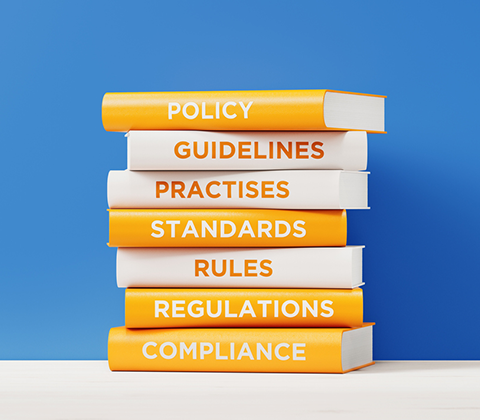By carefully managing a property portfolio, or contracting the services of a property portfolio management company to do so for you, a landlord can improve profitability. This is achieved not only through portfolio expansion, but also by improving rental yields, increasing capital growth, minimising vacancy time and overheads.
What is property portfolio management?
Property portfolio management, as you would imagine, is more than a single thing – it’s a set of tasks which, if performed regularly and well, can improve the profitability of any property portfolio. These tasks include, but are not limited to:
Expansion
Whether it’s via a landlord injecting money into his portfolio, or through leveraging the equity of existing properties to land a bargain, expansion is a key method of improving profitability for owners of property portfolios. By spreading investment either across a range of property markets, locations or classes, a diversification of the portfolio through expansion can help to minimise risks and improve overall performance.
Review and Optimisation
Regular review of property portfolios can help landlords take advantage of cost-saving options, identify areas of maintenance, refurbishment or improvement that could improve desirability, add value and improve rental yields. While time consuming, such regular reviews – at least at the end of every tenancy – can help ensure that each property is performing as well as it can while identifying and tackling any problems leaving a property performing less well than it should.
Property Management
In addition to the big picture view, there is also the everyday maintenance and management of individual properties such as:
- Emergency support for tenants
- Health and safety obligations
- Marketing the property
- Monthly financial statements
- Refurbishment and improvement
- Rent collection and debt collection
- Tenant referencing
Obviously, the difficulty of these tasks grows exponentially as your property portfolio grows and can quickly outstrip the capacity of a single person to manage them.
How to manage a property portfolio
As the number of tasks grows quickly with each additional property, there has been a boom in the availability of portfolio management software. For a landlord wanting to manage their portfolio themselves, the best option may be to invest in one of these digital applications. With prices ranging from free to around £400 per year, it’s well worth considering the implications of trusting software with sensitive data and due diligence should be undertaken to ensure that any software used is safe.
Most software will tend to offer help with:
- Accounting and property expense management
- Contact & Supplier Management
- Expenses recording (including repeat expenses)
- Income tax liability reporting
- Legal Document storage
- Mortgage & loan management
- Online document storage
- Property details storage
- Tax reports
- Tenant & rent management
- Tenant details storage
What you will no doubt notice here is that much of the assistance offered by such programs is organisational, so don’t expect miracles if you’ve decided to undertake your own portfolio management – however, in most cases, it will beat the numerous spreadsheets you’ll need to achieve the same organisation boost otherwise.
You can find an introduction to some of the more popular management platforms here.
Should you manage your own property portfolio?
This will depend upon how much time you have to devote to management. As stated, despite misconceptions to the contrary, a properly managed property portfolio is far from passive income. You will need to conduct regular reviews, negotiations, marketing tasks and more – even if your properties require no work and the perfect tenants happen to knock on your door, there are plenty of legal obligations and certificates which will expire and need to be renewed.
That’s not to say that a personally managed portfolio is an impossibility – it is perfectly achievable for a portfolio of one or two rental properties to be managed part time or in addition to a full-time job, but once a portfolio grows too far beyond this, landlords will need to face up to a decision between taking on the management full time, or enlisting the services of a letting agent.
If you’d like to discuss your options with one of our experts, or have reached the point at which a letting agent is likely your best choice to maximise profitability in the long-term, Contact Us today.









